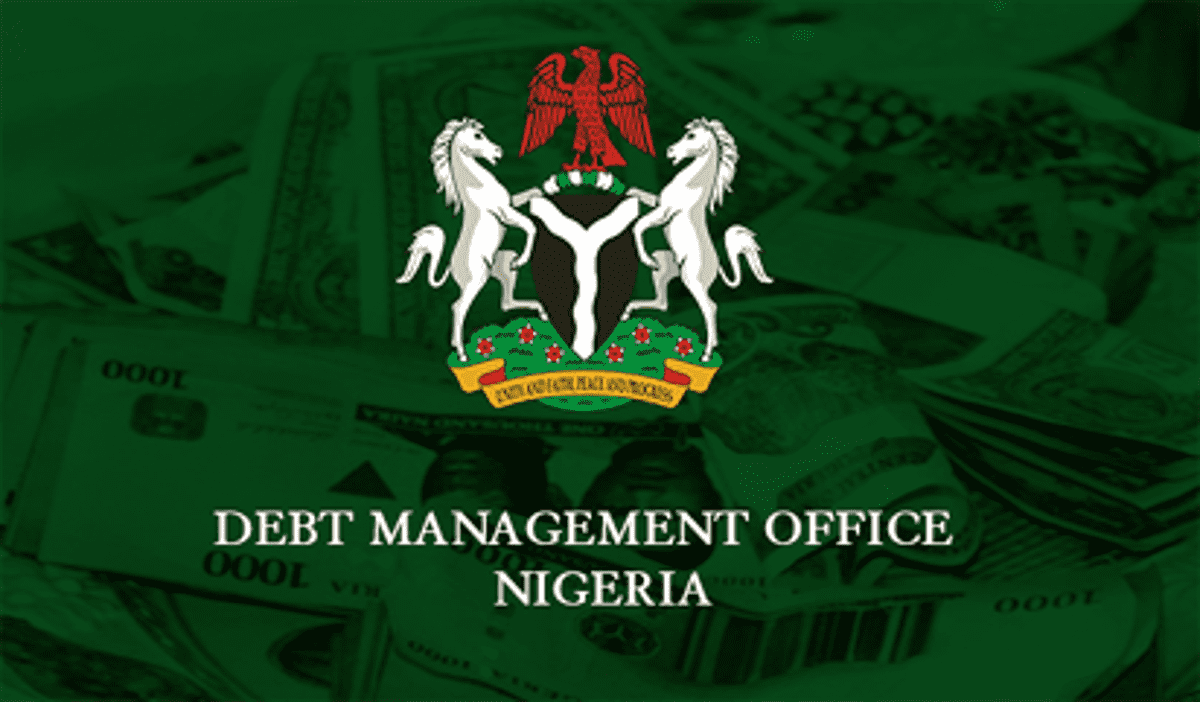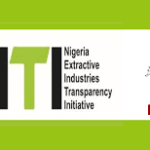Nigeria’s public debt has surged to N121.67 trillion (approximately 91.46 billion dollars) as of March, according to the Debt Management Office (DMO).
This figure encompasses both external and domestic debts owed by the federal government, state governments, and the Federal Capital Territory (FCT).
 Director-General of the DMO, Ms. Patience Oniha, recently revealed these statistics in Abuja.
Director-General of the DMO, Ms. Patience Oniha, recently revealed these statistics in Abuja.
She highlighted that as of March, domestic debt amounted to N65.65 trillion (46.29 billion dollars), while external debt stood at N56.02 trillion (42.12 billion dollars).
Comparatively, the total debt stock as of December 2023 was N97.34 trillion (108.23 billion dollars).
Ms. Oniha attributed the increase primarily to growth in domestic debt, aimed at bridging deficits in the 2024 budget, and challenges in the foreign exchange market during the first quarter.
“On a stable naira exchange rate basis for the first quarter of 2024, only the domestic debt component of the total debt stock grew from N59.12 trillion as of 31 December 2023 to N65.75 trillion by 31 March,” she explained.
The rise in domestic debt, she clarified, was fueled by new borrowings to fund the 2024 budget deficit and the securitization of a portion of the N7.3 trillion Ways and Means advances from the Central Bank of Nigeria (CBN).
She emphasised the importance of enhancing government revenue to ensure debt sustainability, noting that borrowing aligned with provisions in the 2024 budget would continue.





